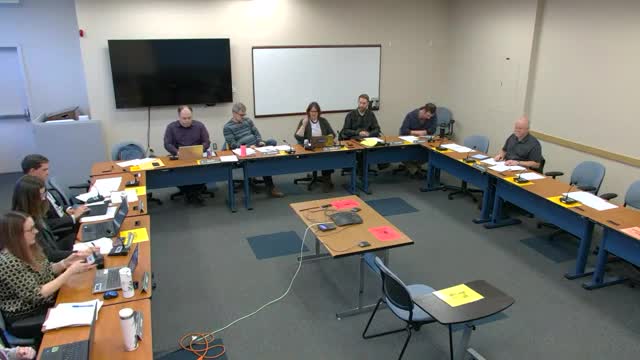Article not found
This article is no longer available. But don't worry—we've gathered other articles that discuss the same topic.
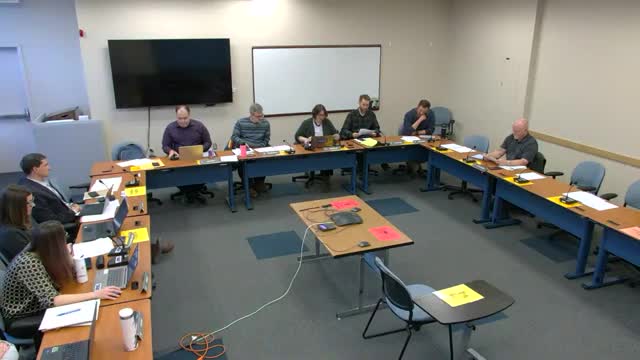
Committee reviews resolution supporting HB 13 tax-relief tools for rentals and mobile home parks
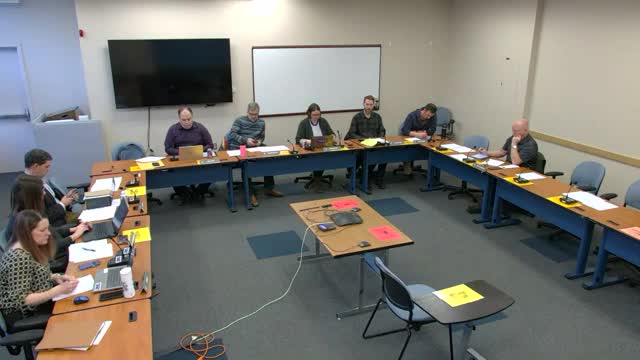
Municipal lobbyist: Juneau budget choices likely to limit PFD; tapping CVR seen as difficult
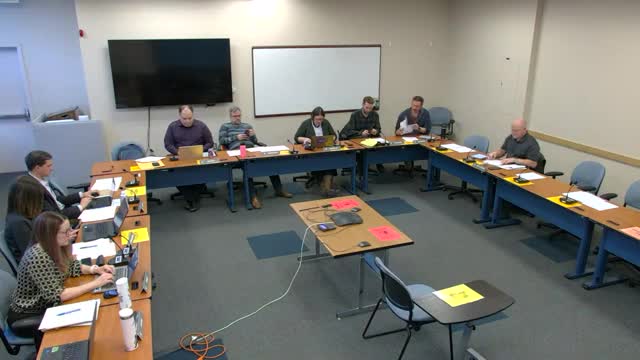
Assembly member submits draft urging state review of property tax escalation caps
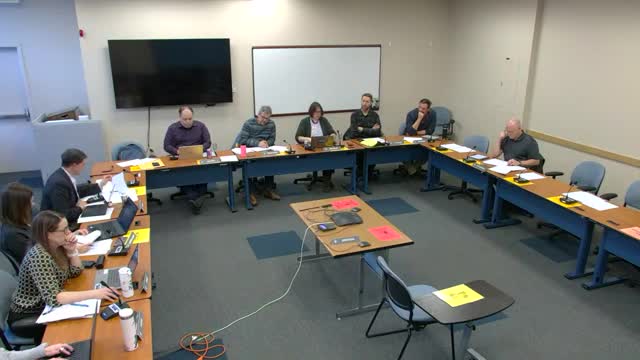
Administration says police and fire support HB 78 pension changes; committee to track
